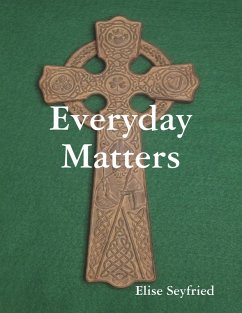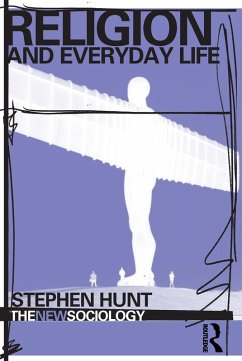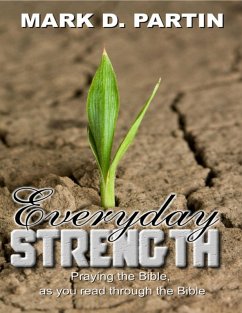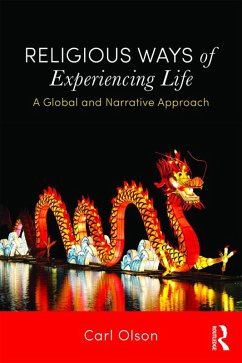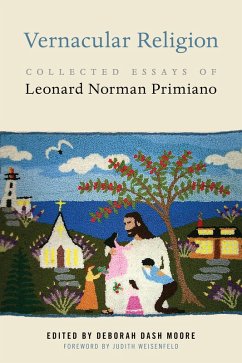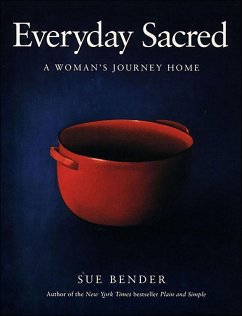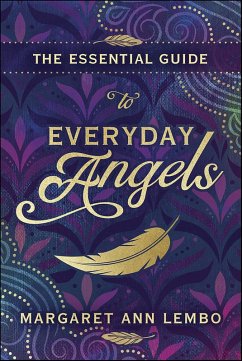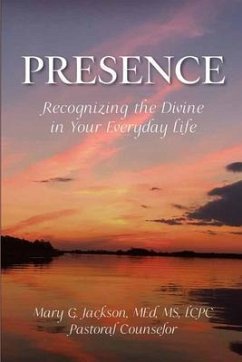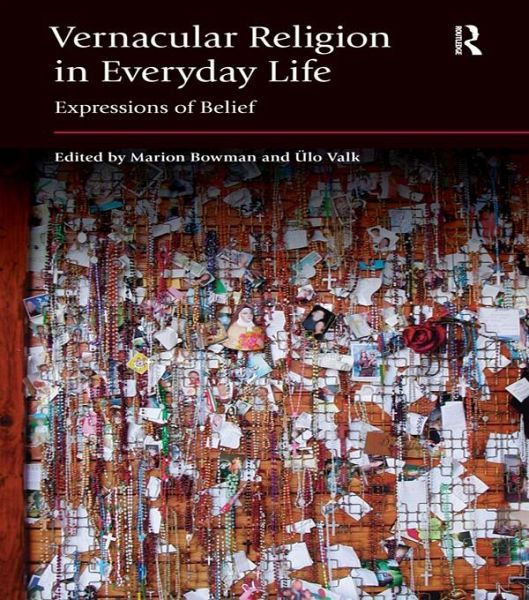
Vernacular Religion in Everyday Life (eBook, ePUB)
Expressions of Belief
Versandkostenfrei!
Sofort per Download lieferbar
42,95 €
inkl. MwSt.
Weitere Ausgaben:

PAYBACK Punkte
21 °P sammeln!
Vernacular religion is religion as people experience, understand, and practice it. It shapes everyday culture and disrupts the traditional boundaries between 'official' and 'folk' religion. The book analyses vernacular religion in a range of Christian denominations as well as in indigenous and New Age religion from the nineteenth century to today. How these differing expressions of belief are shaped by their individual, communal and national contexts is also explored. What is revealed is the consistency of genres, the persistence of certain key issues, and how globalization in all its cultural...
Vernacular religion is religion as people experience, understand, and practice it. It shapes everyday culture and disrupts the traditional boundaries between 'official' and 'folk' religion. The book analyses vernacular religion in a range of Christian denominations as well as in indigenous and New Age religion from the nineteenth century to today. How these differing expressions of belief are shaped by their individual, communal and national contexts is also explored. What is revealed is the consistency of genres, the persistence of certain key issues, and how globalization in all its cultural and technological forms is shaping contemporary faith practice. The book will be valuable to students of ethnology, folklore, religious studies, and anthropology.
Dieser Download kann aus rechtlichen Gründen nur mit Rechnungsadresse in A, B, BG, CY, CZ, D, DK, EW, E, FIN, F, GR, HR, H, IRL, I, LT, L, LR, M, NL, PL, P, R, S, SLO, SK ausgeliefert werden.




